On 22nd May, Right to Remain hosted our regular Radical Solidarity Hub meeting. A big thank you to just over 80 people who attended from all corners of the UK at a such short notice – individuals, small and large charities, local authorities and faith groups, who make up our unique migration justice movement.
Radical Solidarity Hubs are informal, online meetings for our friends, allies, and community to come together, give updates and share best practice, and build radical solidarity. The geographical spread and a real mix of attendees make these meetings specially important for Right to Remain, to understand their needs and challenges. Along with the regular Right to Remain updates and news, this meeting had a special focus on the Labour Government’s White Paper, which was released on Monday 12th May 2025.
Key updates from Right to Remain and These Walls Must Fall included:
- Staffing changes – we said goodbye to Yumna and welcomed Finance and Operations Manager, Savan. Our public legal education work will be expanded with recruitment of Raggi Kotak and Ally Swadling, who will join us in June and July.
- Our Impact Report for 2023/24 is out now!
- Recent legal updates, include:
- An extended e-visa deadline (now 1 June 2025)
- A rise in immigration application fees
- Updates to resources such as the Good Character Test blog, the 10-Year Route and Fee Waiver pages in the Toolkit.
- Don’t forget our Newcastle Solidarity Session on 31 May 2025 – and we will be in Wales in July.
- These Walls Must Fall has galvanised the allies for our Free Fatou campaign, and will be sharing the learning in Liverpool in June. Fatou remains in detention – show your solidarity by signing the petition here if you have not done so already.
Focusing on the White Paper
In the second half of the session, we looked at the Government’s new White Paper on immigration. This session aimed to help attendees explore its implications; what it might mean for our communities, our work, and for the wider political moment, particularly following local election results that reflect the steady rise of far-right influence.
We used an interactive poll to gauge the room’s mood and priorities. Unsurprisingly, an overwhelming 92% of those took part in the poll said that ‘The White Paper makes me and the people I work with feel scared and anxious.’. This is clearly a worrying sign that already exhausted sector – exhausted by the upheavals caused by the Nationality and Borders Act, the Illegal Migration Act, the Safety of Rwanda Act and then the far right riots of last summer – is facing yet another destablising challenge.
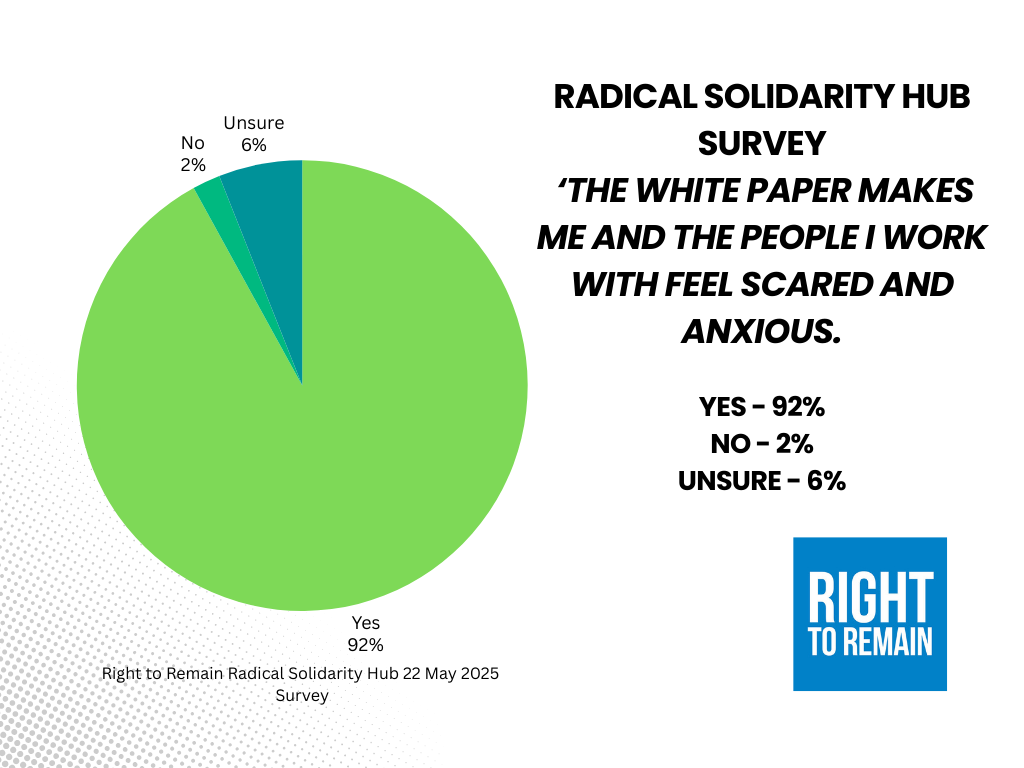
And while 64% of us were surprised by the tone of Keir Starmer’s ‘island of strangers’ speech, 25% were not and 11% answered ‘unsure’.
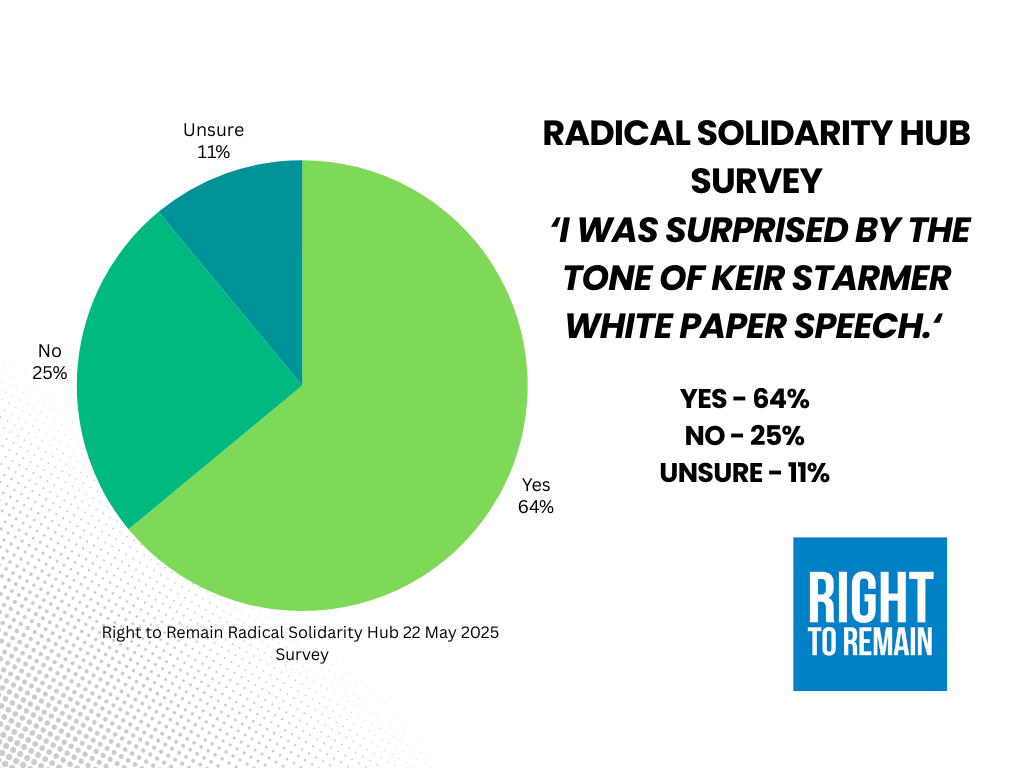
We also learned that 64% of us are receiving an increased number of questions about the White Paper from the people who might be affected by contents, adding to their existing workload. (‘I am getting more questions about the White Paper from people who might be affected by its contents.’ Yes – 64%, No – 25%, Not sure – 11%). And about a quarter of us have already made plans about how to respond to the proposed changes, while about half of us have not done so yet, showing that there is going to be more work ahead of us. (‘My organisation has already made plans about how to respond to the changes proposed by the White Paper.’ Yes – 24%, No – 47%, Not sure – 29%).
We then heard from Razia Shariff (Kent Refugee Action Network) and Lou Calvey (Asylum Matters), as well as Maggy Moyo, our These Walls Must Fall Organier offering a range of perspectives, from policy analysis to lived experience about their reactions to the White Paper. Participants then moved into breakout rooms to discuss ideas, questions, and strategies. We wanted to understand our community’s concerns and explore solutions together.
Within these discussions, several powerful reflections were gained. We’ve included a few of them here, which speak to the heart of the uncertainty and urgency many are feeling:
“There is confusion and fear among communities—there are no clear answers when people have questions about the proposals laid out in the White Paper.”
“There’s a lack of clarity around what changes will be implemented and when.”
“How do we reclaim the messaging, rather than just resist it?”
“How do we give hope to those looking for an endpoint — a positive horizon? What is the next step?”
“How can we part of something broader that raises community voice, rather than just providing practical legal support?”
“Local governments and councils in the regions are not doing enough to push back against Home Office / Westminster legislation and policy.”
The White Paper covers a whole range of topics, while many crucial details remain unclear. Below are some short write-ups about the White Paper that we recommend reading:
By the GMIAU (Greater Manchester Immigration Aid Unit)
Today’s Immigration White Paper: What we know from
By Free Movement
The immigration white paper has been published
What does the immigration white paper say about workers and students?
What does the immigration white paper say about family, deportation and other areas?
We have circulated the summary of the breakout room discussions to those who were in attendance, so that we can collectively start working on our solutions and responses in a coordinated manner. Right to Remain will be issuing more information about the White Paper in due course. While the White Paper is going to cause yet another ‘crisis’, as our Director, Eiri, said, we are seeing renewed energy and determination from all of us and a broad range of our allies to harness our radical solicarity further, to speak loudly and clearly about our cherished solidarity. There was indeed a lot of mutual support during the hub meeting – thank you those who joined us. Right to Remain will continue to build a community of radical solidarity, care, compassion and dignity, with all of you.

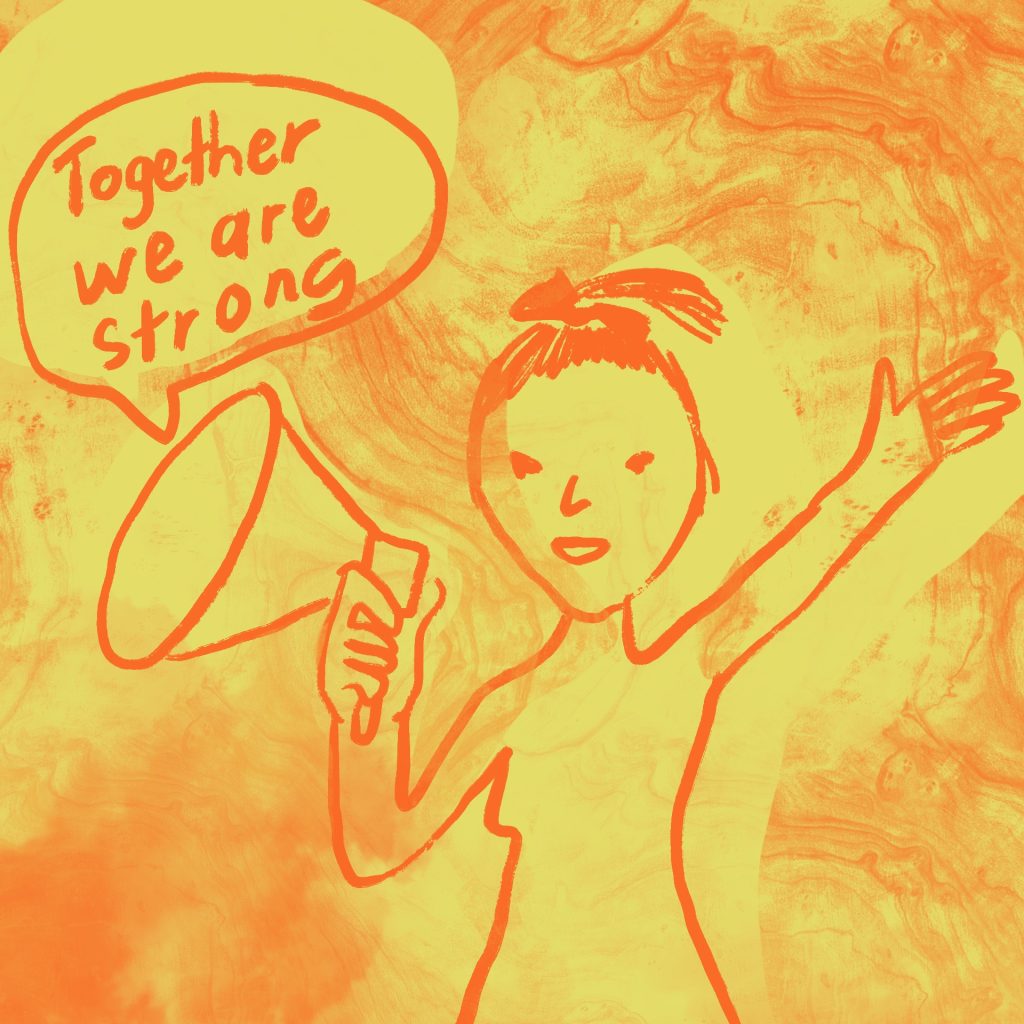
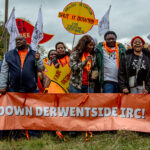

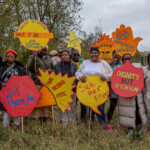
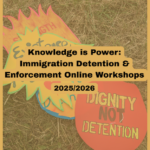
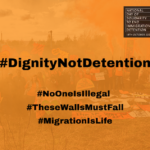

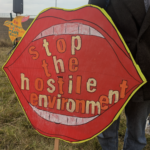



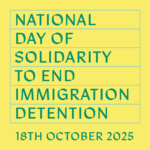
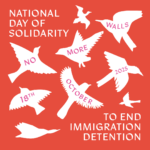
Discussion: